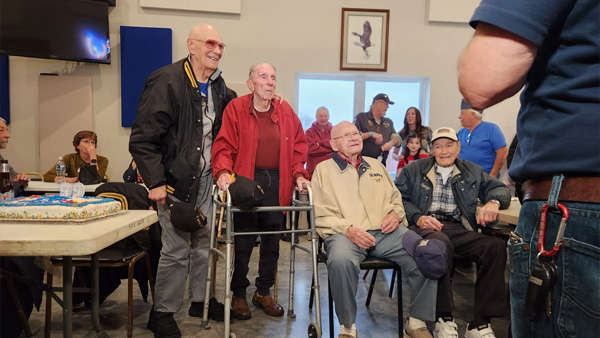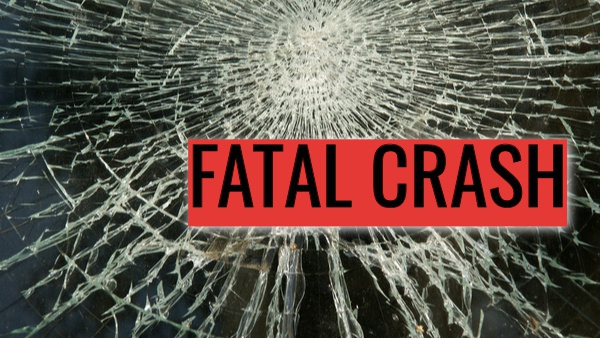Senate Bill 12 would give Indiana courts discretion in deciding if bias-crime charges are warranted.

Photo by QuinceMedia/Pixabay.
(Indianapolis, Ind.) - New research examines the complexities of crafting effective hate-crimes legislation.
Senate Bill 12 in Indiana, now in the hands of a House committee, would allow a court to consider bias in imposing a criminal sentence. After examining data on bias-motivated homicides in the U.S. over 26 years, researchers from Indiana University say fewer than one-third were charged as bias crimes.
The Director of the Center for Research on Inclusion and Social Policy at the Indiana University Public Policy Institute, Breanca Merritt, says they also found a much higher probability of hate-crime prosecutions for homicides with an anti-religion bias - than those for sexual orientation, gender identity, race or ethnicity.
"What we like to see ideally is, with any kind of outcome, we like to see equal outcomes across all groups," says Merritt. "And that was not the case for the data that were analyzed for this report."
The report says prosecutors were more likely to pursue bias charges when there's an existing bias-crimes statute. But even in states with specific victim groups listed, charges were not sought in more than half of bias-related homicides.
RELATED: State Rep. Frye Won't Support Certain Form Of Hate Crimes Bill
Senate Bill 12 was passed after such a list was removed, which critics say gutted the bill. Supporters argue it will allow all hate crimes to be considered without excluding any particular group.
Merritt explains research is still unclear on whether existing bias-crime statutes deter such crimes, or protect marginalized groups. And the protections vary among the 45 states that have hate-crimes laws.
"Some of them are race/ethnicity; in other states they have things like the homeless are protected as a protected class," says Merritt. "So, there's a huge variation in who those groups are and the extent to which they should be protected."
Merritt is hopeful lawmakers consider the policy implications of the research as they debate bias-crime legislation.
"The clearer you are in your intent behind the policy, the better the outcomes are going to be in terms of if they actually do what the policy intends for it to do," says Merritt. "One of the big takeaways is that as they are developing this legislation, they can be really clear and kind of on the same page about what they want this to produce."
The research recommends bias-crimes charges be pursued on an equitable basis to ensure equal protection for victims groups, and that statues include continued assessment and data collection to better inform policymakers long-term.
RELATED STORIES:
AUDIO: State Rep. Frye Won't Support Certain Form Of Hate Crimes Bill
Indiana Governor: Citizens Contact Legislators To Pass Specific Hate Crimes Law
Stripped Down Hate Crimes Bill Passes Indiana Senate
Against Governor's Wish, Ind. Senate Republicans Modify Hate Crimes Legislation
Hate Crimes Bill Passes Key Senate Committee
Gov. Holcomb Backs Hate Crime Legislation, Better Teacher Pay, SEI Port In 2019 State Of The State
Hate Crimes Bill, Port Due Diligence On Gov. Holcomb's Next Level Agenda
Indiana Study Committee Doesn't Recommend Hate Crimes Law
Ind. Private College Presidents Add Pressure On Lawmakers To Pass Hate Crime Law
After Synagogue Vandalism, Indiana Governor Calls For Hate Crime Law

 SDCSC Superintendent Gives Insight into Possible Manchester Elementary Closure
SDCSC Superintendent Gives Insight into Possible Manchester Elementary Closure
 VIDEO: Dearborn Co's Four Living WWII Veterans Gather for George Klopp Sr's Birthday
VIDEO: Dearborn Co's Four Living WWII Veterans Gather for George Klopp Sr's Birthday
 Water Boil Advisory Issued for Holton Community Water Customers
Water Boil Advisory Issued for Holton Community Water Customers
 One Killed in Rollover Accident in Franklin Co.
One Killed in Rollover Accident in Franklin Co.
 Madison, Vevay Among Best Small Towns in the Midwest
Madison, Vevay Among Best Small Towns in the Midwest
 Sunman Elementary Principal Has Interim Label Removed
Sunman Elementary Principal Has Interim Label Removed









